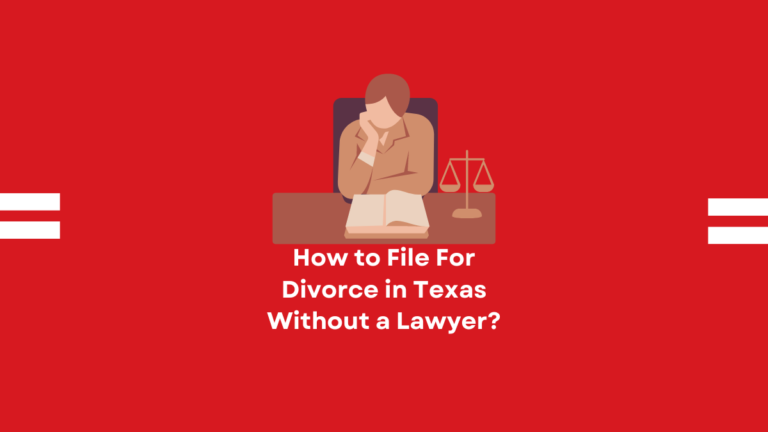Can You Be a Lawyer Without Going to Law School?
Did you know that becoming a lawyer doesn’t necessarily require going through the traditional route of attending law school? Yes, you read that right! In this blog post, we explore whether it’s possible to excel in the legal field without obtaining a JD degree. So, if you’ve been wondering if there are alternative paths to pursuing your dream career as a lawyer, keep reading.
What is legal profession?
The legal profession is one of the most respected and well-known professions in the world. Lawyers play an important role in society by providing legal advice and representing individuals, businesses, and government agencies in court.
While most lawyers attend law school, it is possible to become a lawyer without going to law school. There are a few different ways to do this, but the most common route is to become a paralegal or legal assistant first. Paralegals and legal assistants perform many of the same tasks as lawyers, but they do not have the same level of education or training.
Becoming a paralegal or legal assistant is a great way to get your foot in the door of the legal profession. It can also be a good option if you are not sure if you want to commit to 3 years of law school. If you decide that you do want to go to law school after working as a paralegal or legal assistant, you will already have some experience in the field and will likely have an easier time getting into a top law school.
An overview of law school and its requirements
In order to become a lawyer, you must attend law school and obtain a Juris Doctor (JD) degree. Upon graduation, you will be required to pass your state’s bar exam in order to be licensed to practice law. The requirements to get into law school can vary depending on the school, but generally speaking, you will need to have a bachelor’s degree and take the Law School Admissions Test (LSAT).
Law school typically takes three years to complete, and during that time you will take courses such as constitutional law, contracts, property law, civil procedure, and legal writing. You may also have the opportunity to participate in clinics or externships, which can give you hands-on experience working with clients and practicing law. After graduation, you will need to pass your state’s bar exam before you can officially start working as a lawyer.
Alternatives to law school for becoming a lawyer
There are a few ways to become a lawyer without going to law school. The first way is to become a legal assistant or paralegal. Many law firms will allow you to take on more responsibility and client interaction as you prove yourself. If you decide to go this route, it is important to get certified as a paralegal through an accredited program.
The second way to become a lawyer without going to law school is by attending a law school alternative such as an online law school or correspondence law school. These programs are not as expensive as traditional law schools and can be completed in less time. However, they may not be respected by some employers and may limit your job prospects.
The third way to become a lawyer without going to law school is by taking the bar exam in another state that has lower requirements for admission. For example, some states allow you to take the bar exam if you have completed a certain number of undergraduate credit hours in specific subject areas related to the practice of law. Once you pass the bar exam in that state, you would then be eligible to practice law in that state.
No matter which route you decide to take, remember that it will take hard work and dedication to succeed as a lawyer without attending traditional law school. But if you are willing to put in the effort, it is possible to achieve your goal of becoming a practicing attorney without incurring the significant expense of attending law school.
Advantages and disadvantages of each option
There are a few different ways that you can become a lawyer without going to law school. The most common way is to become a legal assistant or paralegal. This option has both advantages and disadvantages. Some of the advantages include not having to take the LSAT, not having to go through the competitive and expensive law school application process, and being able to work in the legal field without having to incur significant debt. Some of the disadvantages include not being able to take the bar exam, not having the same job prospects as someone with a law degree, and not being able to practice law in all states.
Another option is to become a lawyer through an apprenticeship program. This is a less common option, but it is becoming more popular in recent years. Some of the advantages of this option include getting on-the-job training, not having to take the LSAT or go through the competitive law school application process, and potentially saving money on tuition. Some of the disadvantages include that it can be difficult to find an apprenticeship program that fits your needs and that you may not have the same job prospects as someone with a law degree.
The final option is to go through an online law school program. There are many advantages and disadvantages of this option. Some of the advantages include being able to attend law school without quitting your job or relocating, potentially saving money on tuition, and having more flexibility in your schedule. Some of the disadvantages include not getting the
Strategies for success without attending law school
It is possible to be a lawyer without going to law school, but it is not easy. There are a few different strategies that one can use to be successful without attending law school.
One strategy is to become a paralegal. Paralegals are trained professionals who provide legal support to lawyers. While they are not lawyers themselves, they have a detailed knowledge of the law and can often do much of the work that lawyers do. This can be a great way to get your foot in the door of the legal profession without going to law school.
Another strategy is to become a legal assistant. Legal assistants perform many of the same tasks as paralegals, but they are not as highly trained. This can be a good option if you want to work in the legal field but don’t want to go through the expense and time commitment of law school.
You could consider working as a legal researcher or writer. If you have strong research and writing skills, you may be able to find work preparing briefs or other written materials for lawyers. This type of work does not require a law degree, but it can be helpful to have some knowledge of the law.
Conclusion
While it is possible to become a lawyer without going to law school, the process can be difficult and time consuming. It’s important to remember that while you may not have to attend law school in order to practice law, most lawyers are required by their state bar associations or other governing bodies to complete some form of formal education. If you’re considering becoming a lawyer but don’t want the expense of attending law school, research your options carefully and consult with experienced professionals before making any final decisions.






